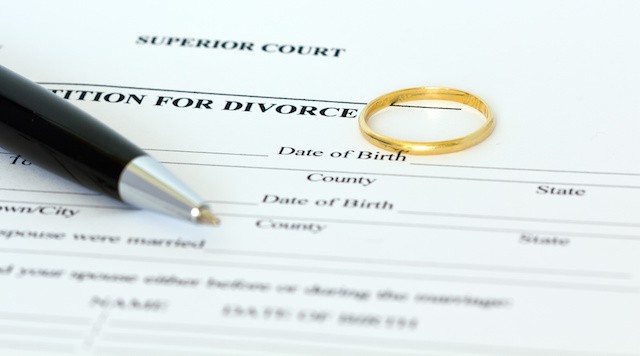If you have filed a petition for divorce in Florida or are about to do so, you are required to serve all documents that you filed in your petition (often referred to as “divorce papers”) on the other spouse along with a summons. If you fail to serve the divorce papers on the other spouse within 120 days of filing your petition, then the Florida family court may well dismiss your petition unless you can show a good reason why you failed to serve the divorce papers. The thought of serving your soon-to-be ex-spouse with divorce papers may fill you with either glee or dread, or you may have questions about how to conduct service when the spouse is another county or state, but it is important to understand that Florida provides very specific guidelines on how service must be accomplished for it to be considered valid.
Serving Your Spouse in Florida
First off, no matter where your spouse lives (even if he or she lives with you presently), you yourself can never be the person who performs service of the divorce papers. In most cases, you will need to have a sheriff serve the papers or hire a private service processor certified in the county in which service is made.
When your spouse lives in the same county as the courthouse in which you filed your petition for divorce, then you will need to file your divorce petition with the courthouse clerk, along with any supporting documents, a summons, and a process service memorandum. If you would like the county sheriff to serve the documents on your spouse, then you should tell the clerk you would like to choose that option. The clerk may ask you for a self-addressed stamped envelope so that the sheriff can send you the completed process service memorandum, which you will then file with the clerk, or the sheriff may simply return the completed memorandum directly to the clerk. You will need to pay a fee to have the sheriff complete service.
If you choose not to use the services of the sheriff, you can also provide the divorce papers, the summons, and the process service memorandum to a private service processor certified in the county in which service is made and have that individual complete service and return the completed memorandum to you which you will then file with the clerk.
If your spouse lives in a different county in Florida, you will most likely need to ask the clerk to send the materials to the Sheriff’s office for that county, or you can seek out a private service processor certified in that county.
At any rate, when you work with a knowledgeable Florida attorney in your divorce, that attorney should handle all of these matters of service on your behalf.
When Your Spouse is Outside of Florida or You Cannot Find Him or Her
Things get more complicated when your spouse is no longer in Florida or cannot be found (and spouses serving overseas in the military are protected by their own set of rules regarding service of divorce papers). You can still serve the papers personally on the person outside of Florida, or you may use what is called “constructive service” (meaning service through publication of the notice of your divorce lawsuit in a newspaper) but unless the other spouse consents to the jurisdiction of the Florida divorce court, the court may be limited in the relief it can offer you. For example, the court may be able to grant you a divorce in such a scenario, effectively terminating your marriage, but it may not be able to order that your spouse pay alimony or surrender property to you as a result of the divorce. A knowledgeable Florida divorce attorney can provide further legal guidance on this and all other issues related to your Florida divorce.
Legal Help in Your Florida Divorce Action
No matter where you are in the divorce process in Florida, from initial consideration to ongoing litigation, The Law Offices of Ira M. Marcus, P.A. in Miami can help. Contact our office today to set up a consultation with a trusted and caring family law attorney.

